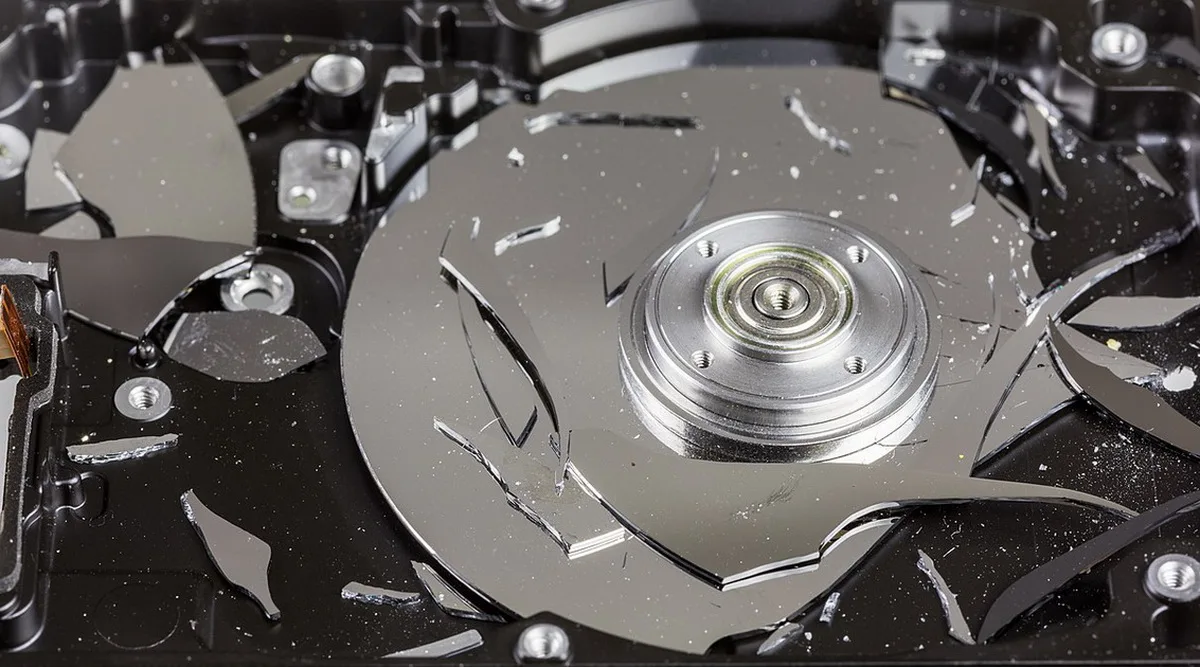Users report that recent updates to Windows 11 24H2 may cause data corruption and failures in some SSD and HDD models. Microsoft has not yet been able to reproduce the issue and is asking people to submit information about any problems they’ve identified.
The potential problem was first flagged by a Japanese researcher, who noticed that the OS stops detecting drives with Phison NAND controllers during intensive write operations (for example, writing large files or many files at once, installing large game updates). He wrote that the issue occurs after installing the August security update KB5063878 and the preview update KB5062660.
Although some of the affected drives recovered after a system reboot, others remained inaccessible. The researcher suggested that the issue might be related to a drive cache bug and a memory leak in an OS-bufferable region.
“Tests show that symptoms appear on SSDs with more than 60% fill after about 50 GB of continuous writes. Reports indicate similar symptoms on HDDs as well,” the specialist wrote. “The tests also show that Phison NAND controllers are more prone to issues, and the company’s DRAM-less models typically exhibit problems even with smaller write volumes.”
Other users reported encountering a similar issue when using SanDisk Extreme Pro, Corsair Force MP600, Maxio SSD, KIOXIA EXCERIA PLUS G4, KIOXIA M.2 SSD, and other devices equipped with Phison PS5012-E12 and InnoGrit controllers.
Microsoft representatives confirmed to the media that they are aware of the issue and are already investigating it together with partners.
So far, the company’s specialists have not been able to reproduce the issue. The company claims that “neither internal testing nor telemetry has revealed an increase in disk failures or file corruption.”
Additionally, it’s reported that Microsoft’s customer support has not received reports from people who encountered this issue. Therefore, Microsoft is currently trying to collect user reports with additional information about these failures and asks all affected users to use Support for Business or the Feedback Hub to report the problem.
A Phison representative also told Bleeping Computer that the fallout from Windows 11 updates KB5063878 and KB5062660 could potentially have affected a range of storage devices, including some supported by Phison.
“We understand the inconvenience this may have caused and promptly reached out to relevant industry stakeholders. Controllers that may have been affected are currently being tested, and we are working with our partners,” Phison said.
Until the issue is resolved, Windows users are advised to avoid writing very large files (tens of gigabytes) or many large files back-to-back, and instead write them in smaller batches. It’s also recommended to extract large archives with many items (for example, 200 files at 200 MB each) in several stages.
